
Sunny Karagozlu is the founder of Edible London, a community interest company (CIC) that’s fighting food poverty in London in his own home-grown style
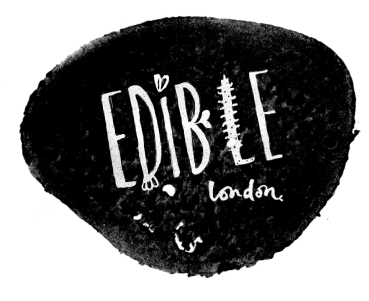
Why did you start Edible London
It started five years ago when I got really ill. I realised I needed to change my life and the way I ate so I turned to veganism, simplified my life by moving back in with my mum and dad and dug up their garden to turn it into an edible paradise. After that I started volunteering for a community growing site and it grew from there.
What did you do?
Edible London is about tackling food poverty, not with tinned food but with nutritious, fresh food. We are plant-based because it’s healthy and it’s inclusive – all religions can enjoy our food.
As well as using food we grow I use my contacts to partner with local businesses who have surplus food or want to donate. In the borough of Haringey alone we now work with 36 organisations to get food to those in need – from homeless shelters to youth centres.
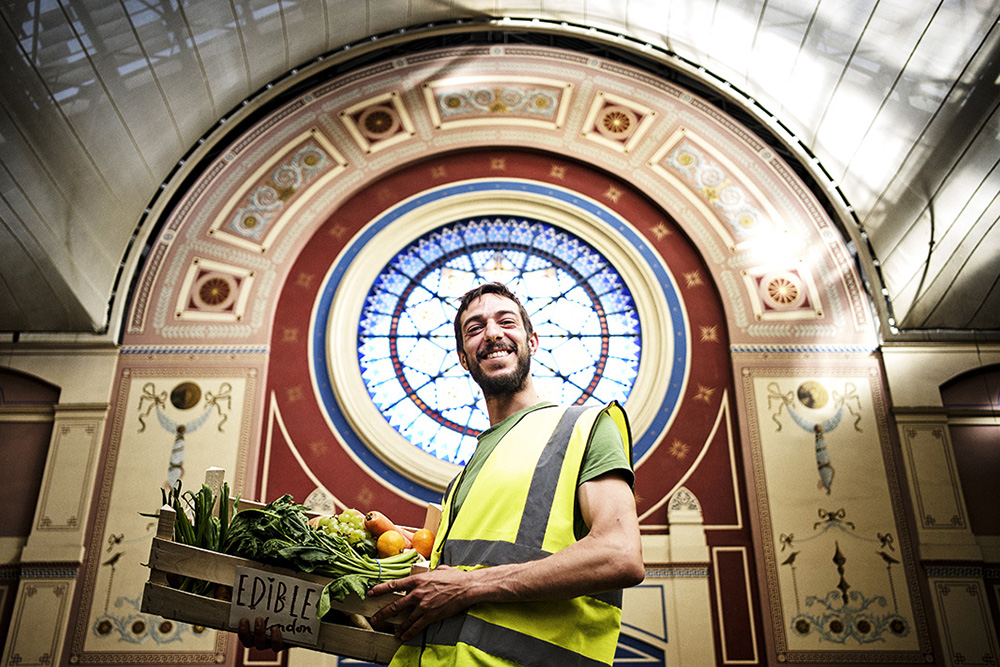
We have a waiting list and sign-up form to understand each person’s need – how many people need to be fed in each household, if they have access to a kitchen, etc. We supply hot meals and hampers which we can give to a household and provides three to five days of meals.
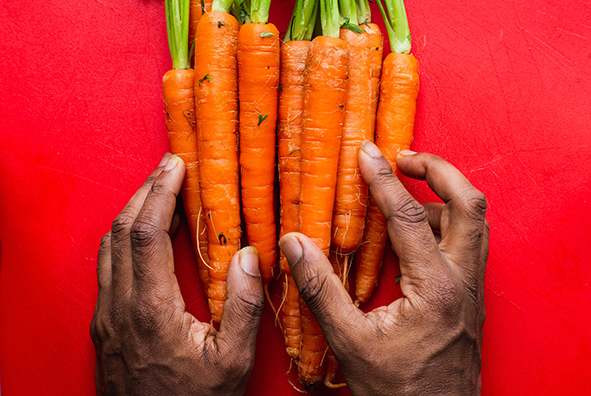
Do you have a background in food?
I was brought up in a Turkish Cypriot family and worked with my dad in the family business which was commercial farming, growing vegetables to sell to grocers and supermarkets. But I was lost in this cultural warfare between my traditional background and my adopted western culture, always battling with my dad and his way of doing business.
I moved out to get away from it all and fell into homelessness. People assume you must be a junkie or an alcoholic if you’re homeless but it’s not true. I had friends and family and a car so I was lucky. I have slept rough – I woke up soaked through after a night in a greenhouse – but my experience helped me to understand the struggles of life, pushed me into the community and helped me understand diversity.
How do you grow food in the city?
We take over derelict growing spaces, in Hackney, Haringey and Enfield, where we grow organic food . We even have a rooftop garden. We also use our spaces to do educational workshops with schools and corporates around food production, sustainability and ecology.
How has Covid-19 affected you?
In March we shut down the workshops and committed all our vegetables to the community. Haringey council approached us to help them source produce and provide food to the vulnerable. They were sending things like tea bags, sugar and cereal but no fresh food. With their help we ran an operation out of Tottenham Hotspur’s stadium and Alexandra Palace, sourcing vegetables, packing them and helping the council to deliver them to 70,000 people on their shielding list.
We went out to the community and I networked like crazy and started procuring tonnes of donations and surplus food from places like Spitalfields Market, Lidl and Marks and Spencer. A small grocer I know baked us 150 loaves of bread every day during the lockdown.
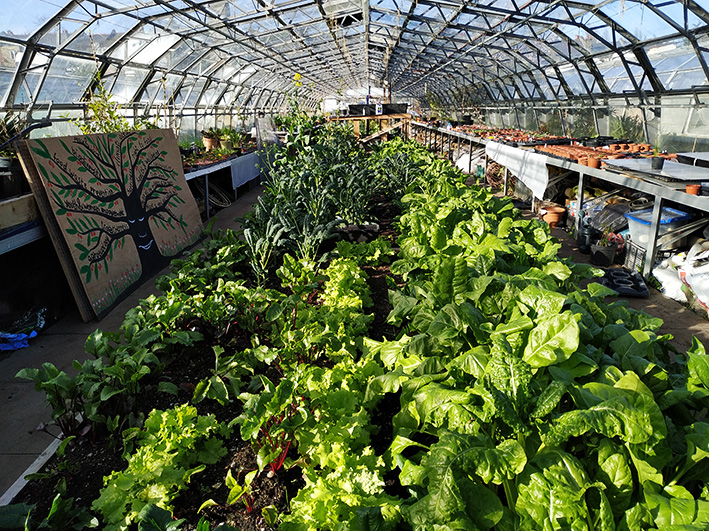
How did you manage it?
Teamwork makes the dream work. We went from having 20 volunteers to 350 in a week. It was an armada of people with so many skillsets. The head of security at Alexandra Palace happened to be the head of the Kaotic Angels, a division of a biker club made up of ex army, police and emergency services people and through him we procured some of our drivers. We had this crew of big, butch bikers with beards delivering vegetables around North London.
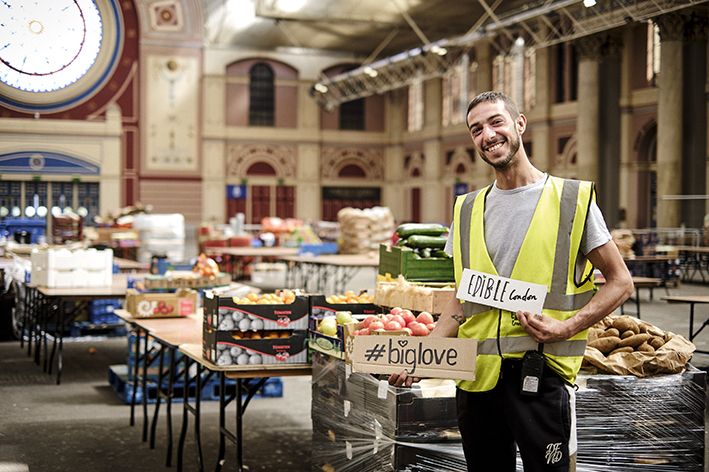
What's your biggest achievement?
Feeding a million people on a shoestring. Before Covid-19 hit we were feeding 200 homeless people a week and working with a few local suppliers, suddenly we were working out of a football stadium and in two weeks we’d scaled up our operation to reach 50,000 people a week. It consumed every part of my life and I was working 18 hours a day – I barely saw my son, who was born two months pre-Covid – but we smashed it.
Why did you choose to be a CIC?
I only ever wanted to grow food and work with my community but so many people were inspired by what we did and wanted us to be official so two and half years ago we became an incorporated Community Interest Company. There’s a lot of bureaucracy in charities and being a CIC gives us the freedom to empower communities and help local entrepreneurs.
Why did you choose to be a CIC?
The goal is to maintain exponential growth and roll out workshops around healthy eating, food production and sustainable and regenerative farming, always keeping people and planet in mind.
We’ve scaled back down to serving around 25,000 people a week but we’re doing it independently and sustainably. Our closest competitor is the Felix Project who provide 1.2 million meals a year millions in funding – we did nearly a million hot, nutritious meals on £115,000 and have since hit the million meal milestone.
We’re doing a crowd funder for Christmas and beyond, aiming to raise £200k to help us achieve another million meals as well as our biggest single day of food distribution ever – 50,000 extra meals!
This is a feature from Issue 3 of Charitable Traveller. Click to read more from this issue.


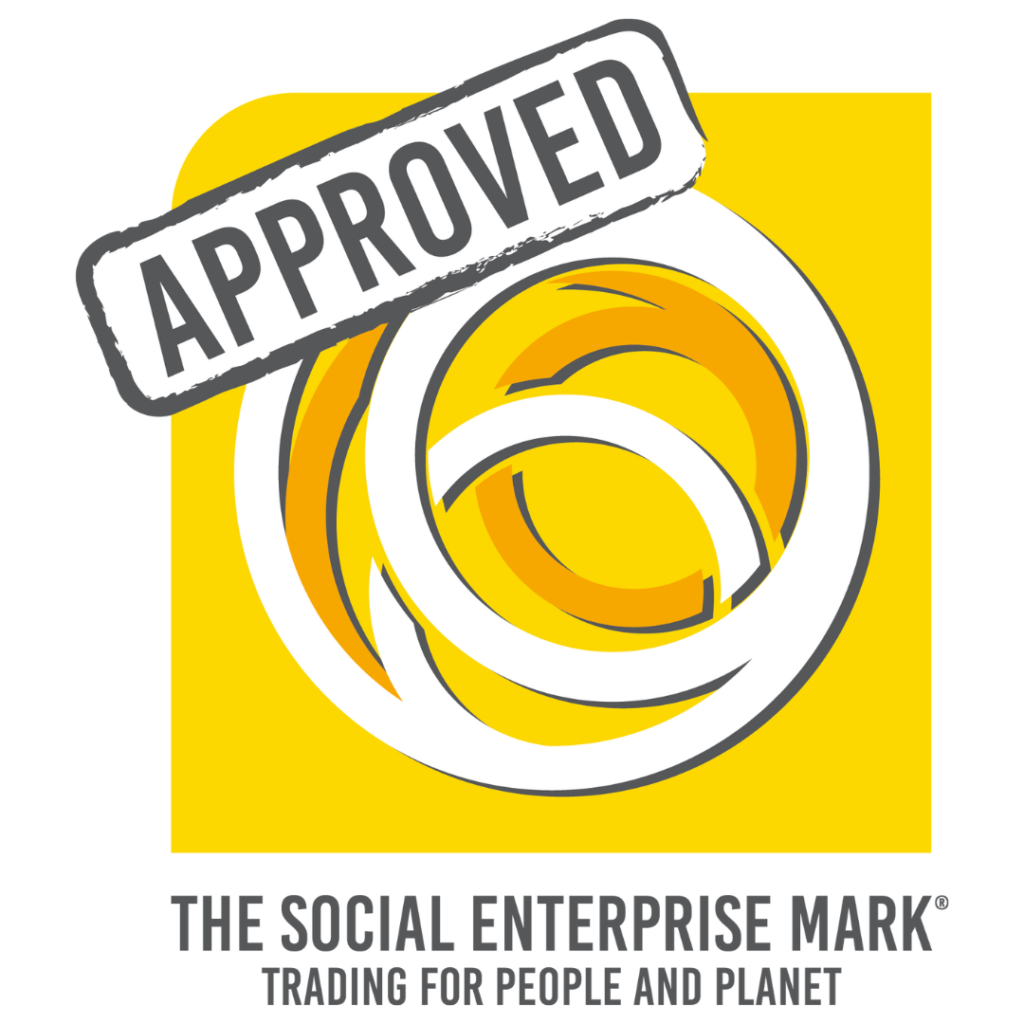
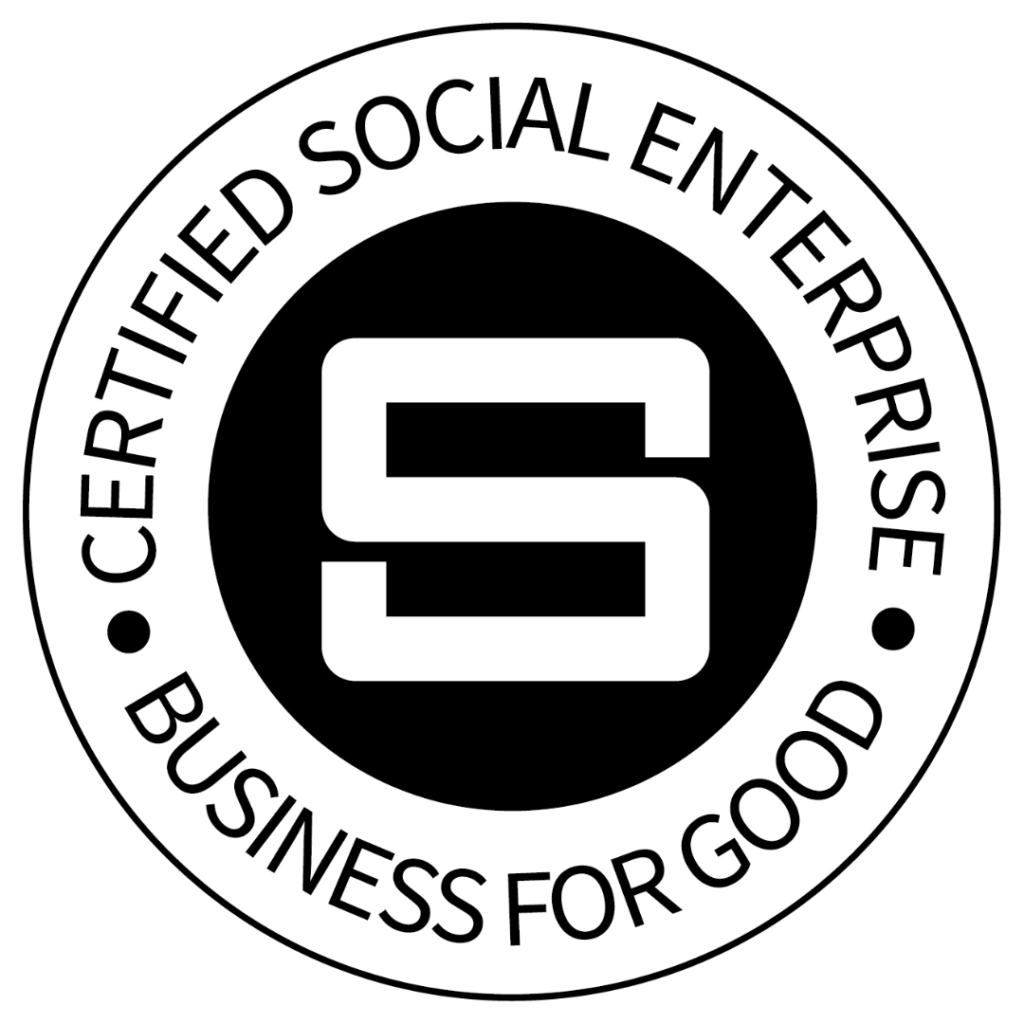


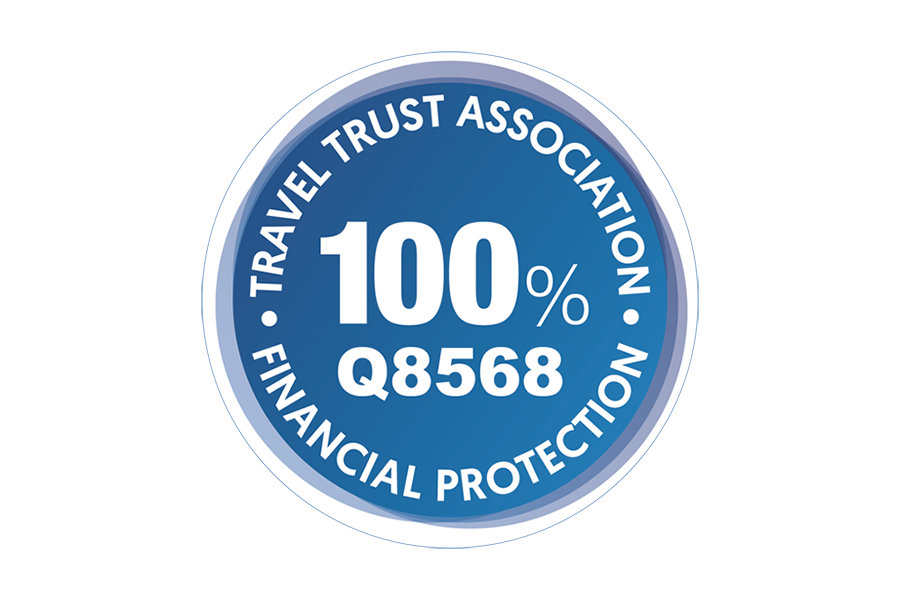

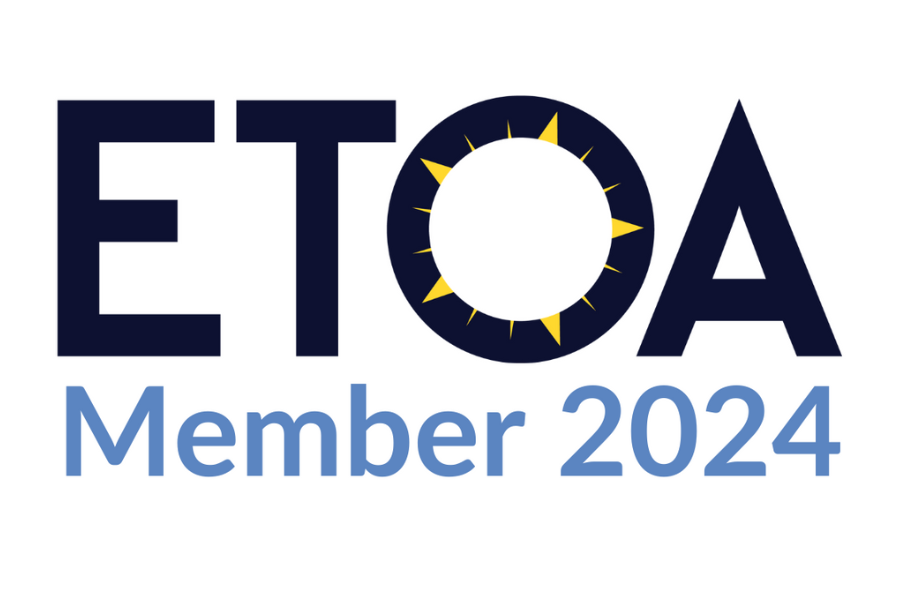
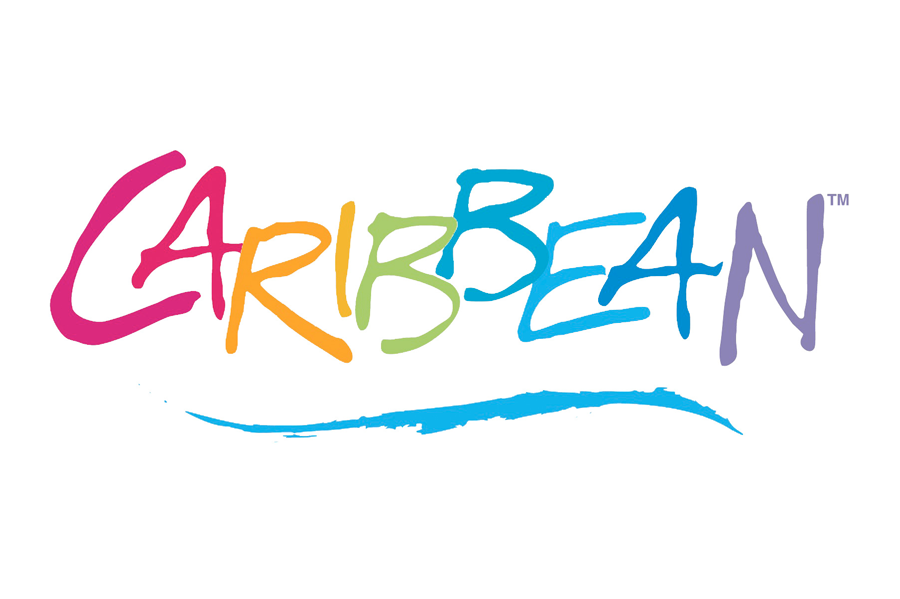
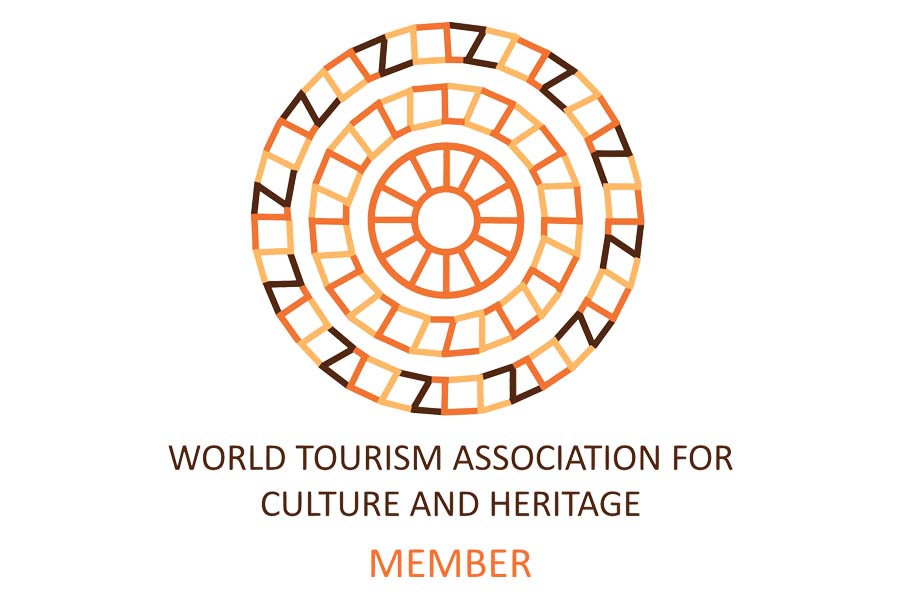


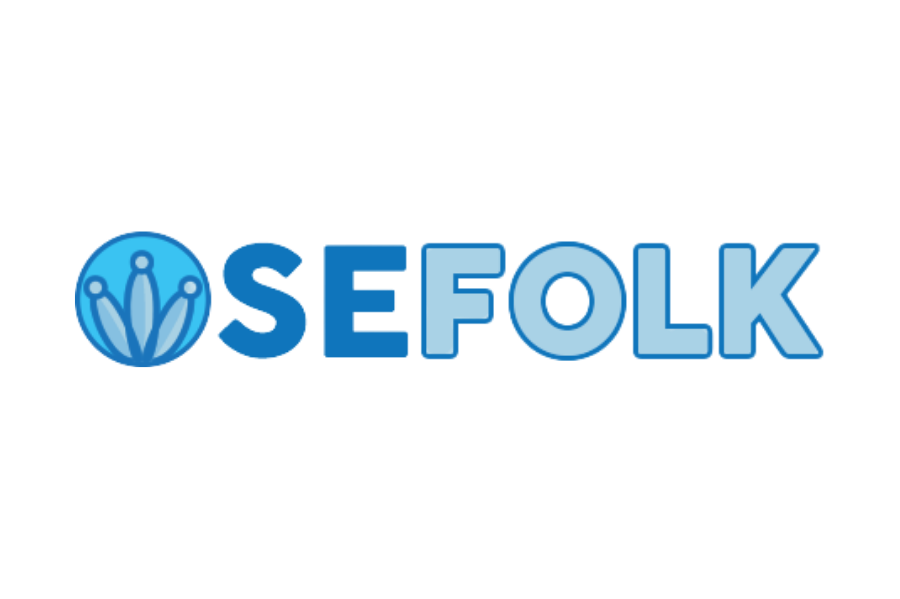

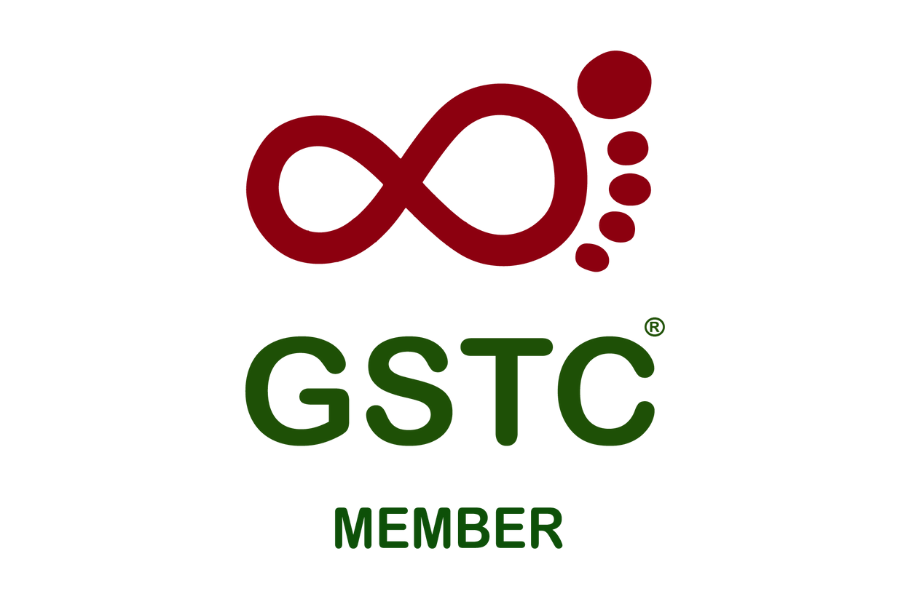

 by net effect
by net effect